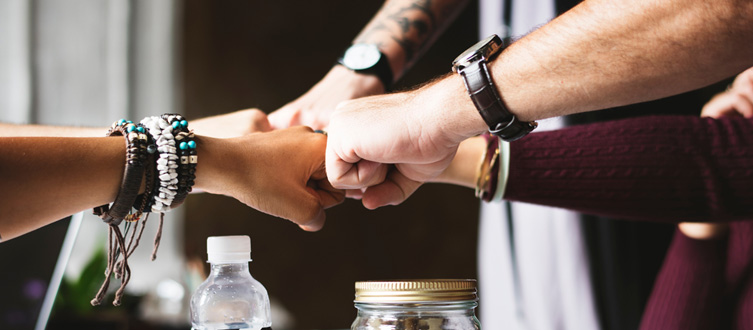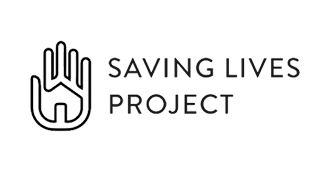Very often, addicts feel alone. However, that is very often not the case. When a person struggles with addiction, their family and friends hurt with them and worry for their well-being. In best-case scenarios, people dependent on drugs and alcohol go into recovery, but that is still a frightening time for loved ones. However, family and friends are an addict’s best resources for recovery, so it is important to know how to take care of yourself so you can be an asset in this process.
1. Educate yourself. The internet is a fantastic tool to educate yourself on addiction, as a whole and the specific type that affects your loved ones. Confusion can be frightening, so it’s best to learn as much as you can on the subject. This also lets you better help your family member or friend pick a treatment plan. Read sites with medical or scientific credentials, university or government backing, or are active in the field. Reading this blog is a great first step.
2. Find community. Your loved one will likely be attending Alcoholics Anonymous, Narcotics Anonymous, and other meetings to help them through recovery. These wonderful communities are also available for family members and friends of addicts because this is a trying time for everyone and all people need support. Reach out to Al-Anon and Nar-Anon, which offer 12-step programs for addicts’ loved ones.
3. Professional help. Many people find professional therapeutic help to be very useful during this time. Although it is your family or friend that is going through recovery, or is still feeding their addiction, it is still normal to need help coping. Reach out to an addiction specialist that can counsel you through this time, help you communicate positively with your loved one, and support you.
4. Get involved. People often find comfort by becoming involved in their loved one’s recovery treatment. Be actively supportive to help them, but also ease your own mind. This stressful moment can be very special as you work together to forge new bonds. However, it is still important to set and respect boundaries in this situation, as it is a time for healing and growth.
An important supplemental note from Jackie at thepreventioncoalition.org:
"A paramedic friend recently told me that she sees at least one opioid overdose - be it heroin or prescription painkillers - nearly every shift. She said what continues to surprise her is that it’s usually not the “scary” drug user you’d expect. It’s average Americans. Parents, workers, neighbors - people who have lost themselves in addictions that are often reinforced by a mental illness." -Jackie
Addiction doesn’t discriminate. It can mask itself as a coping mechanism, then quickly take over your life. In the sidebar, we've added links to Helpful Resources family and friends can benefit from. → →






COMMENTS